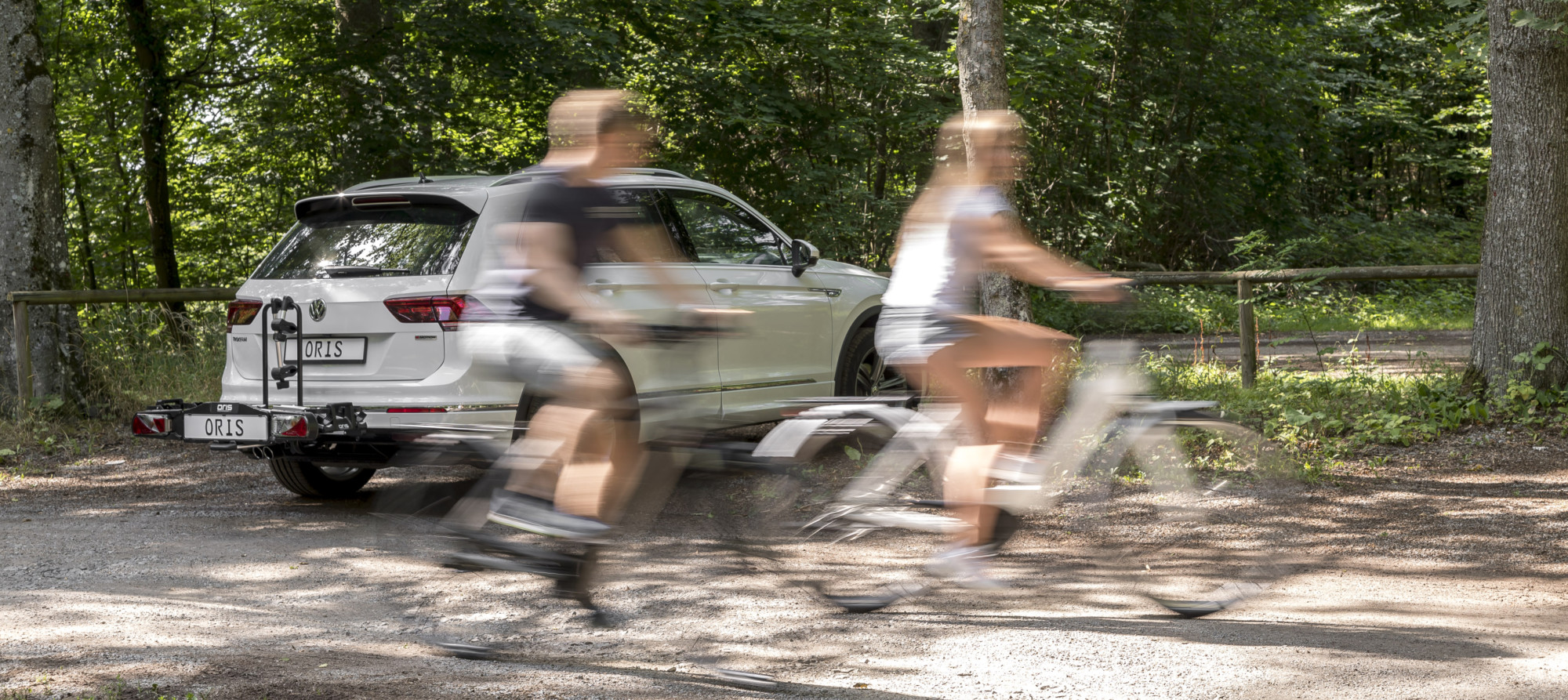You will need the following information in order to select the best towbar for your requirements:
- Make of vehicle, model, model year (the best place to find this is in the official type designation in the vehicle documentation)
- Engine version and drivetrain layout (all-wheel-drive vehicles sometimes require different mounting equipment)
- Suspension type (different mounting equipment may be specified for vehicles with suspension featuring ride-height adjustment)
- Body configuration (sedan, coupe, five-door, van, or station wagon)
There are three types of towbar (technically speaking the trailer ball with bracket):
- Trailer hitch with a fixed/rigid ball
- Trailer hitch with removable ball (no special tools needed to attach or remove the ball).
- Trailer hitch with swiveling ball
The ball on the towbar should never impair or obstruct visibility of the rear license plate in any way. For this reason, it may not be possible to provide a fixed-ball towbar for some vehicle models.
If a fixed-ball towbar blocks visibility of the license plate, you will have to use a removable or swiveling system. Under these circumstances the ball hitch may be inserted or swiveled into place only when a trailer is being pulled or when a rear carrier system with its own license plate is utilized.
After use, the ball hitch must always be removed or swiveled back below the vehicle. In addition, if you only plan to use the towbar infrequently, you should choose a removable or swiveling trailer hitch.
